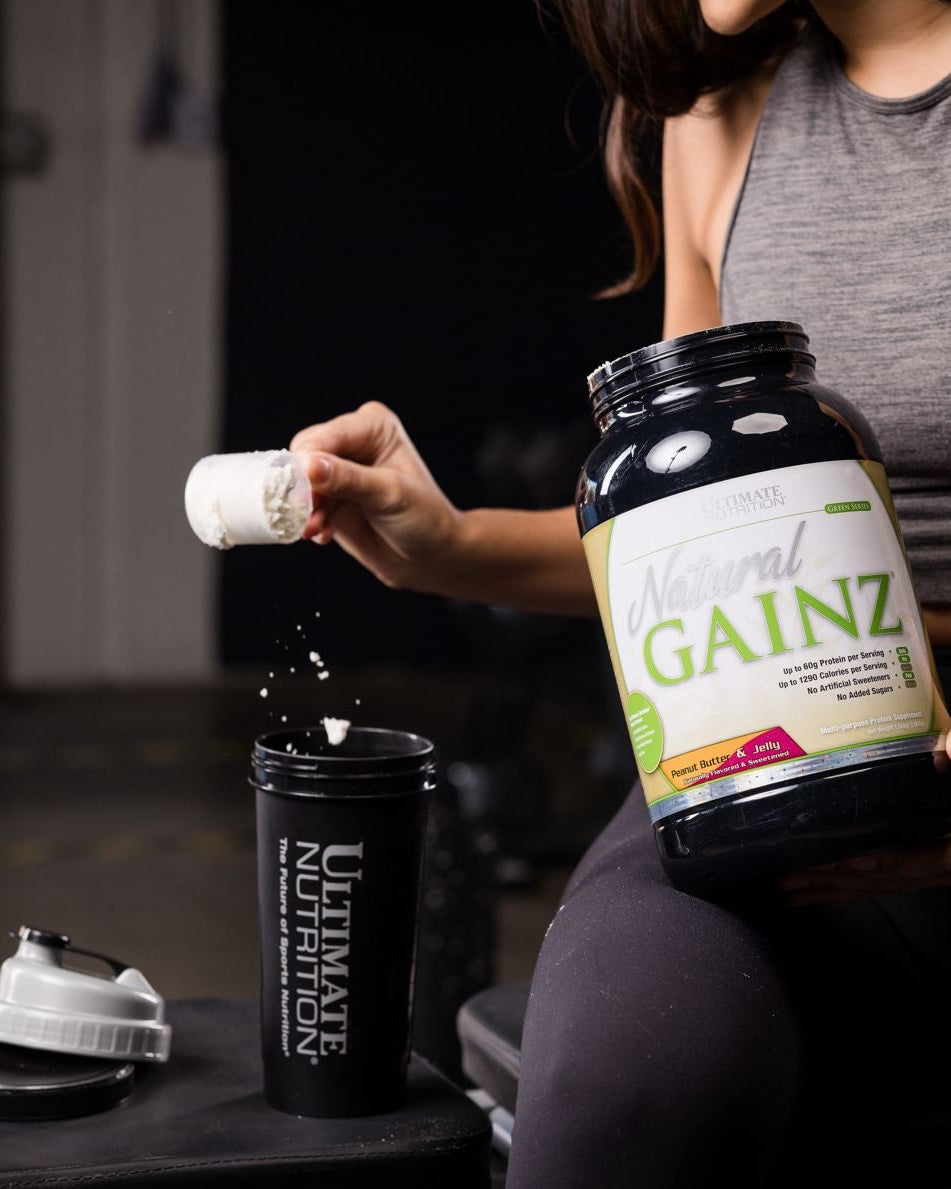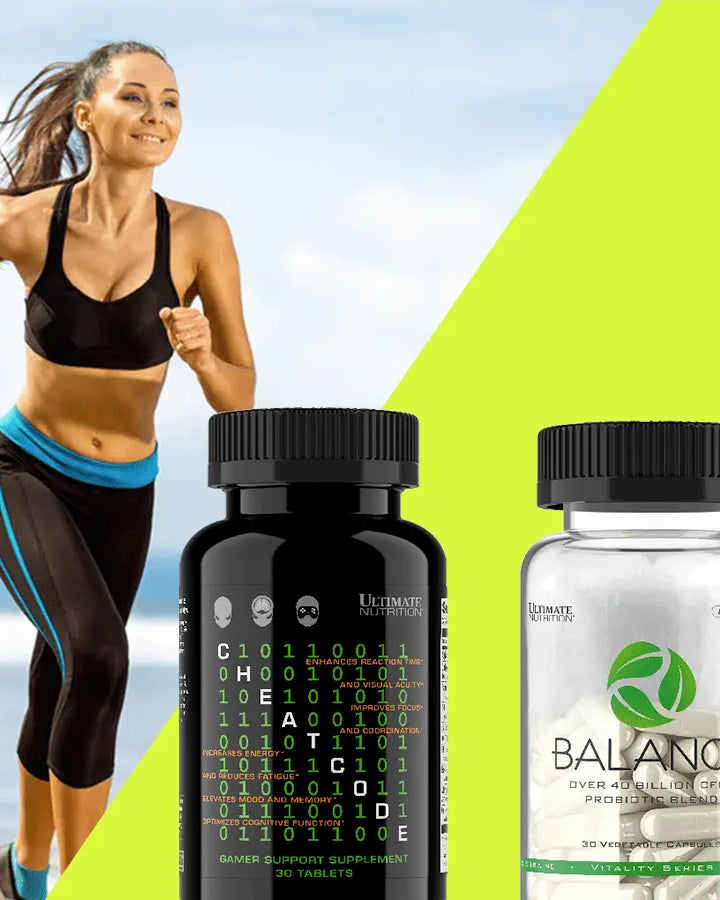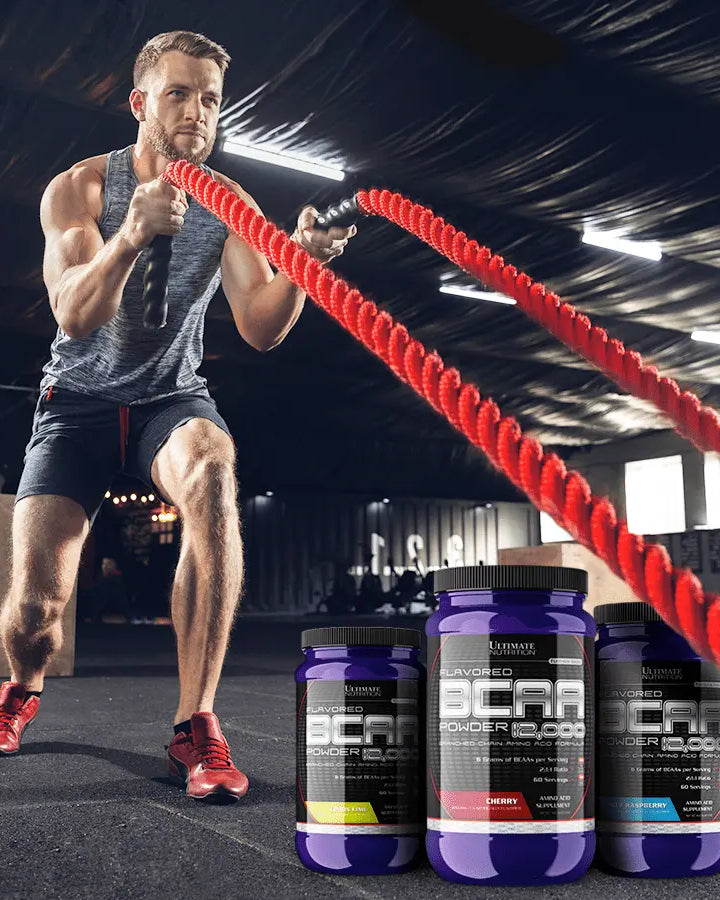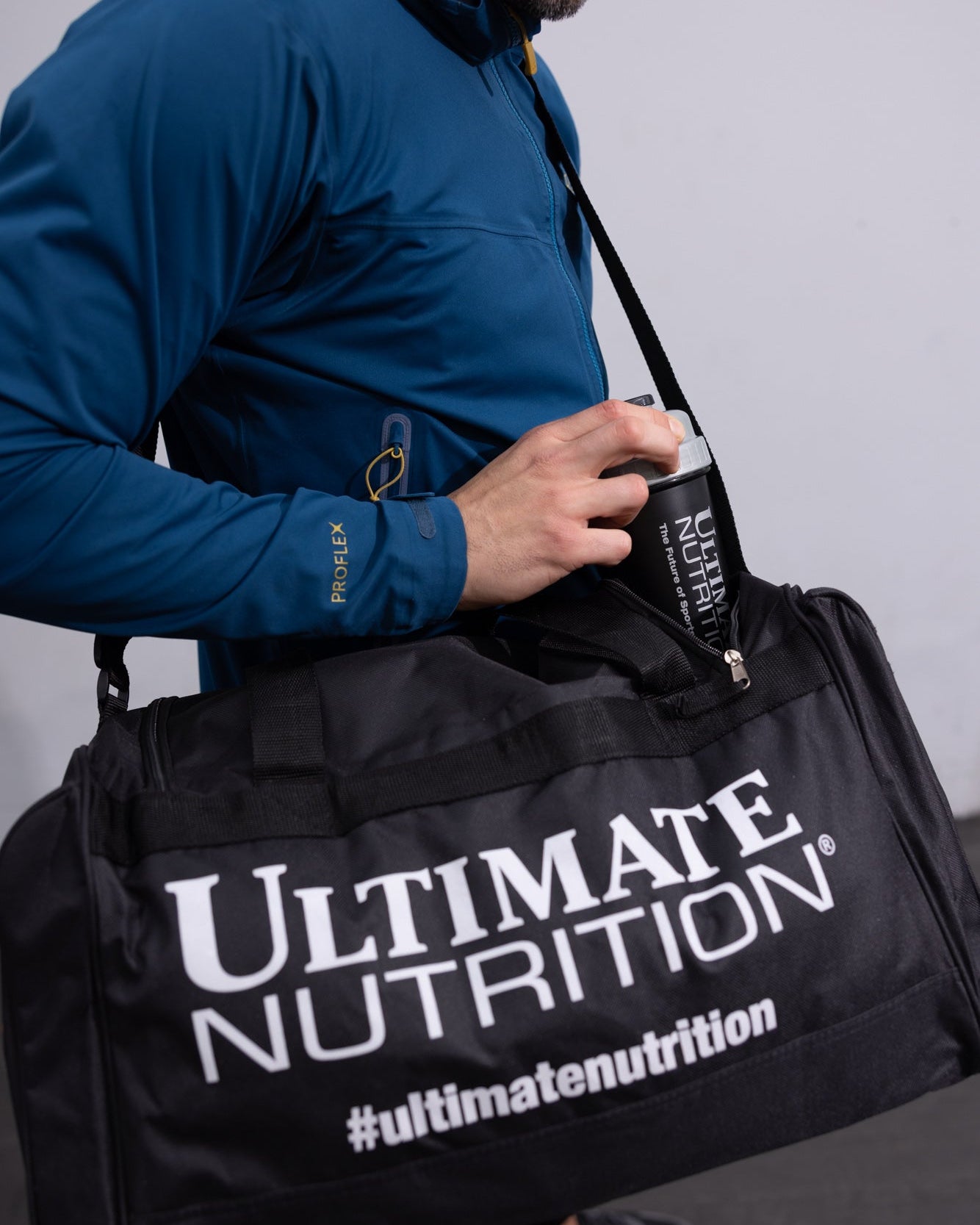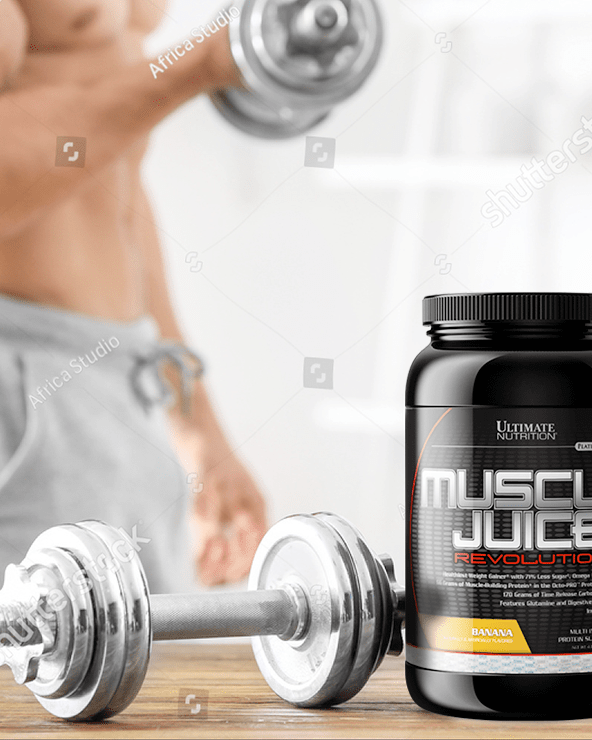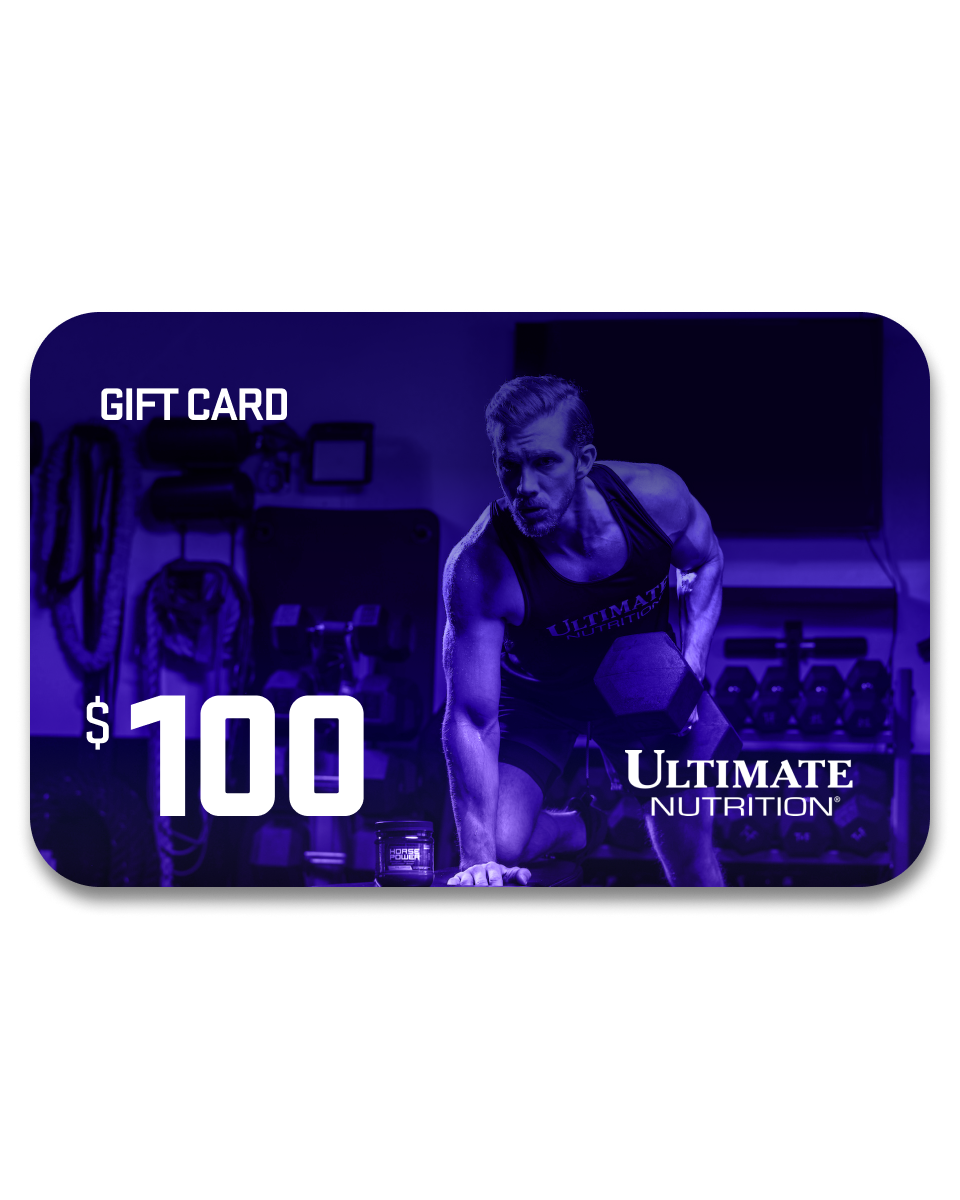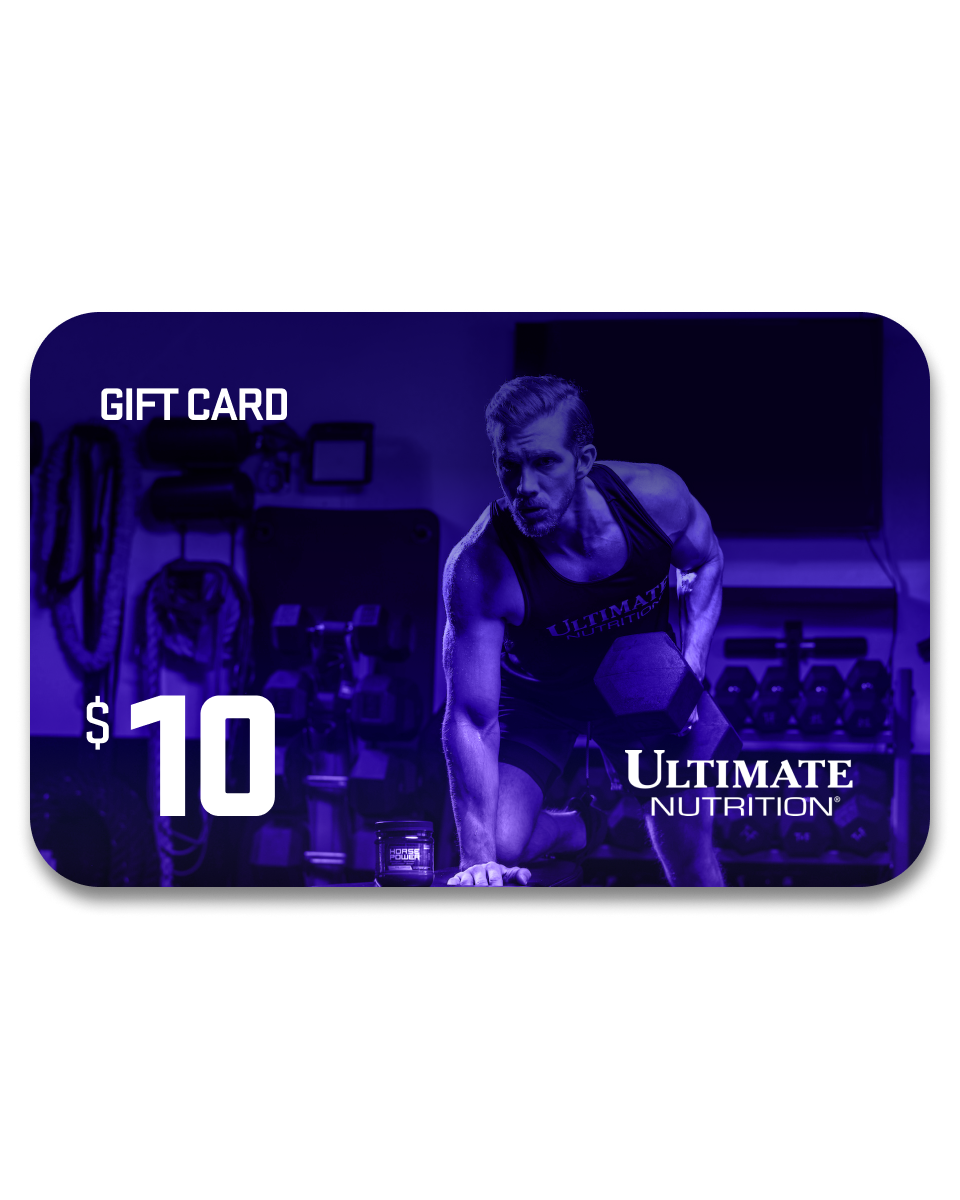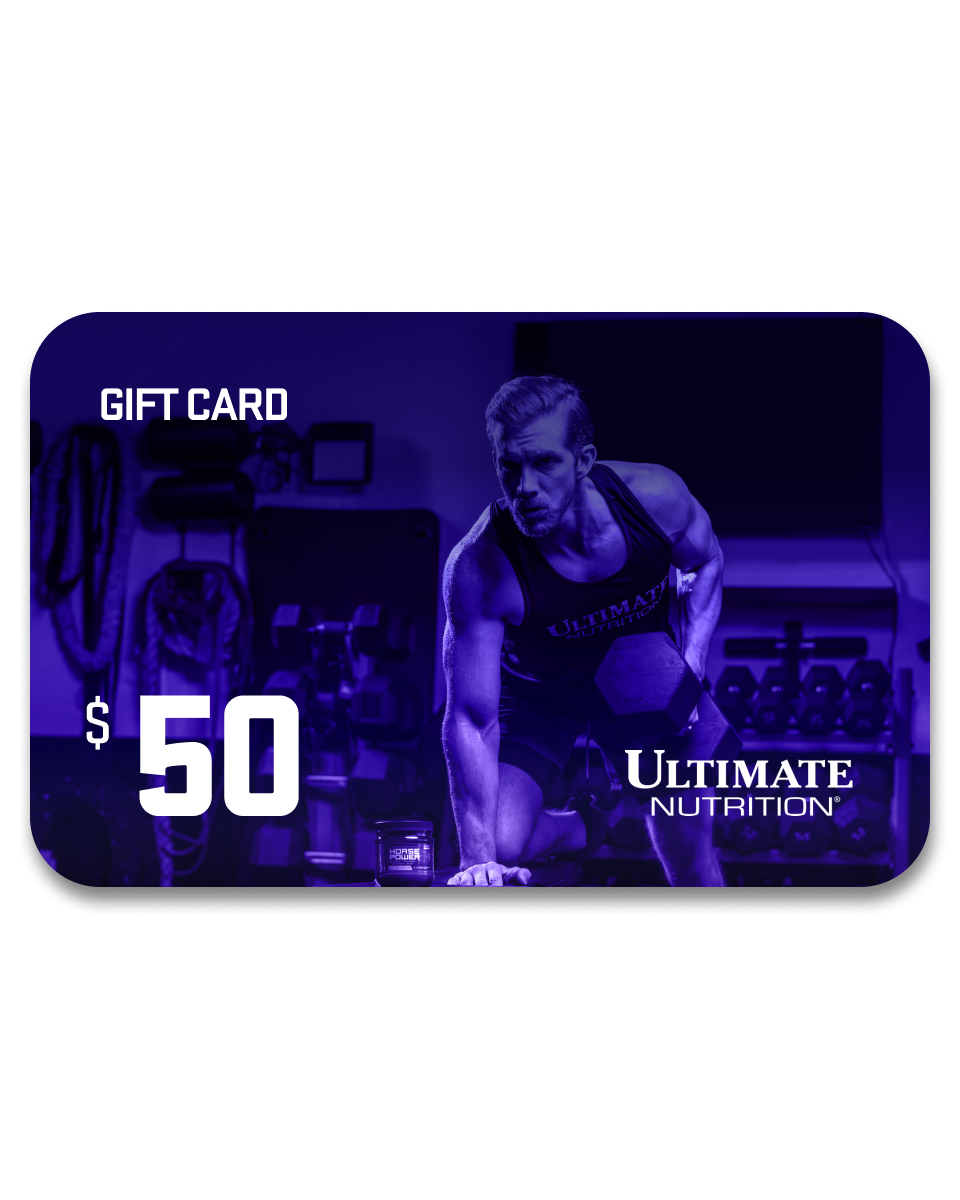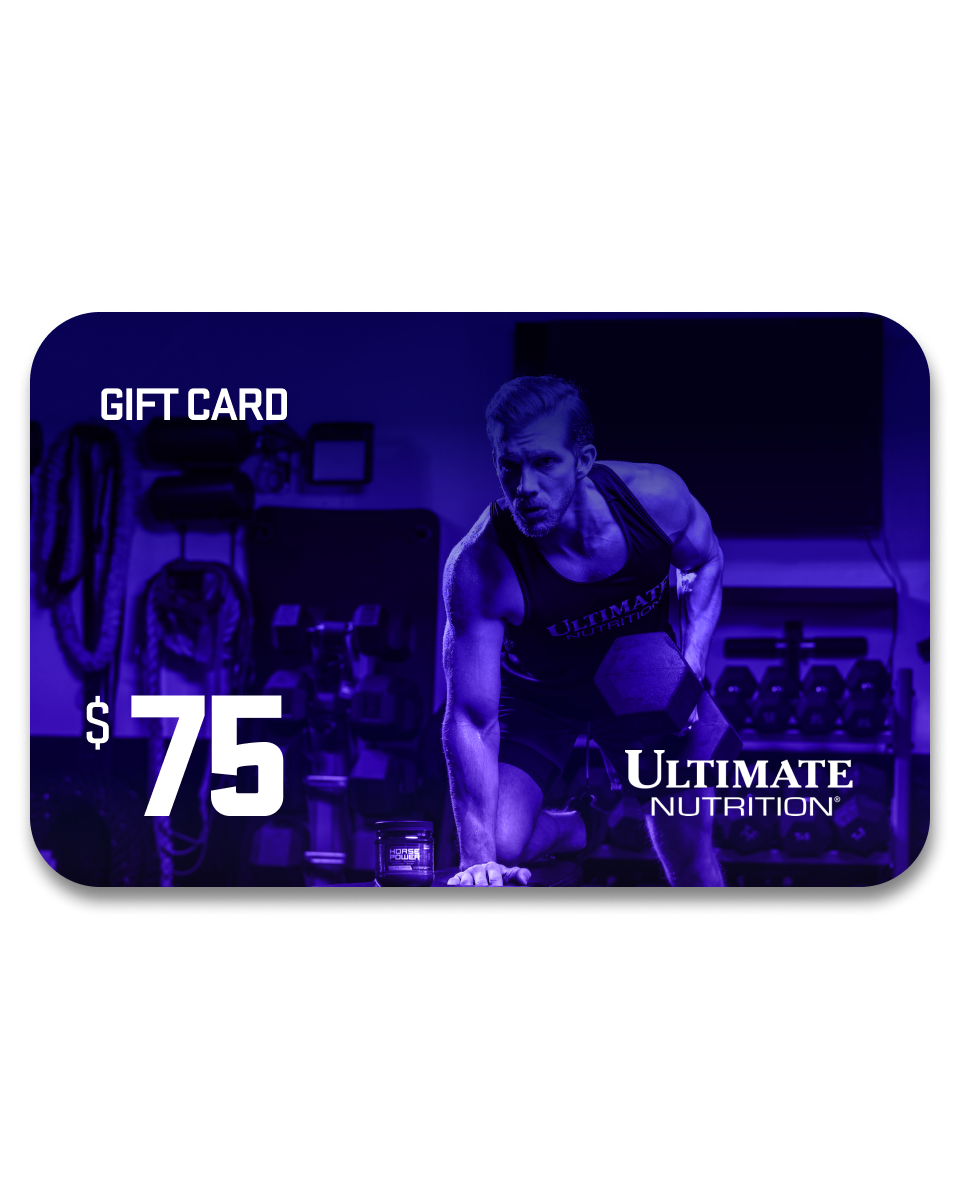Energy is essential to every aspect of our lives. We primarily derive it from the foods we eat and the liquids we drink; it fuels all our body’s internal functions and enables our external interactions with the world around us.
However, in modern times, many of us feel a chronic need for energy beyond what ordinary food and drinks offer. This urge leads many to rely on energy drinks, tea, coffee, etc. for a jolt of caffeinated inspiration, but what if there was another way?
A plethora of scientific research reveals that numerous, widely-available vitamins can be excellent sources of healthy, lasting energy that offer the fuel you need to conquer the day.
On that note, read on for Ultimate Nutrition’s Guide to Vitamins for Energy:
Vitamin B12
Vitamin B12 is excellent at helping a vitamin-deficient body convert food into high-quality energy.
It also aids DNA production, the development of red blood cells, the regeneration of GI and respiratory tracts, and the protection of the nervous system to promote a healthy, active lifestyle.
The primary food sources of the vitamin are animal proteins, like meat, dairy products, and fish. Many mass producers also fortify other foods and beverages with B12, increasing its presence in your diet.
Additionally, you can find the vitamin in several high-quality supplements, like Ultimate Nutrition’s Power Immune System Booster, that reliably give you the dose you need alongside a slew of other essential vitamins and minerals.
As Vitamin B12 is particularly effective at raising the energy levels of vitamin-deficient people, it is crucial to know who is at risk for deficiency. Common examples include:
- Older Adults over 50
- Vegans
- Patients with Crohn’s Disease
- Celiacs
- Patients with Autoimmune Disorders
Pro Tip: For more information on incorporating health and wellness vitamins into your daily routine at a reasonable pace, check out our blog post “How Long Does it Take for Vitamins to Work?”
Vitamin B1
Like Vitamin B12, Vitamin B1, aka “thiamine,” is crucial to extracting as much energy as possible from the food you consume.
In addition to playing “a fundamental role in energy metabolism,” according to the world-renowned National Institute of Health (NIH), the vitamin protects your nervous system and fights fatigue, poor appetite, and muscle weakness.
Your body cannot produce Vitamin B1 on your own, putting the onus on you to emphasize it in your diet and supplementation.
You can find thiamine in meats, fish, whole grains, and several nutritious breakfast cereals.
However, most people with a Vitamin B1 deficiency utilize manmade supplements to replenish their levels, which may increase their energy reserves over time.

Vitamin B2 (riboflavin)
Unlike Vitamins B12 and B1, the human body can naturally produce some amount of Vitamin B2 thanks to bacteria in the gut. However, added consumption through foods/drinks or supplementation is crucial to enjoying the many benefits of this vitamin, aka “riboflavin.”
While it may not be as famous as other B vitamins, riboflavin plays a crucial role in natural energy production, healthy cell growth, fat breakdown, and proper absorption of numerous medications.
Additionally, research published by the National Institute of Health (NIH) suggests a correlation between Vitamin B2 deficiency and an increased risk of cardiovascular disease.
Natural sources of this energy vitamin include meat and fortified foods, but you can also find it in some nuts and green veggies.
However, many people supplement this consumption with high-quality supplements that further promote the fatigue-fighting impacts of riboflavin
Vitamin B3 (niacin)
As the Harvard School of Public Health details, consuming Vitamin B3, aka “niacin,” can be another great way to boost your energy levels.
Once in the body, niacin works as a coenzyme – a molecule that binds to active locations of specific enzymes to produce a reaction – to facilitate numerous vital bodily functions.
If consumed regularly, Vitamin B3 helps the body convert nutrients into high-quality energy, produces healthy cholesterol and fats, develops and maintains DNA, offers antioxidizing effects, and even boosts skin health and appearance.
Thankfully, niacin deficiency is uncommon mainly because the vitamin resides in numerous foods, including red meat, poultry, fish, nuts and seeds, fortified cereals and bread, legumes, and bananas.
Of course, the vitamin also features in numerous high-quality supplements that can take your vitamin supplementation to the next level, as we detail below.

 Try Ultimate Nutrition’s Super Vitamin B Complex
Try Ultimate Nutrition’s Super Vitamin B Complex
Now that you understand what vitamins give you energy, it’s time to boost your supplementation game.
In addition to serving as fantastic sources of healthy energy, B Vitamins are essential for maintaining the health of your nerves, skin, hair, eyes, liver, and mouth, in addition to muscle tone in the gastrointestinal tract.
However, they are also soluble, meaning our body naturally flushes them away daily, contributing to an eventual lack of energy.
To maintain healthy levels of B Vitamins and enjoy all the benefits they provide, you NEED to try Ultimate Nutrition’s Super Vitamin B Complex.
This world-class supplement packs Vitamin B2 (riboflavin), Vitamin B3 (niacin), Vitamin B6, Vitamin B9 (folic acid), and Vitamin B12 into an uber-powerful tablet that can help you produce energy and take your performance to the next level.

